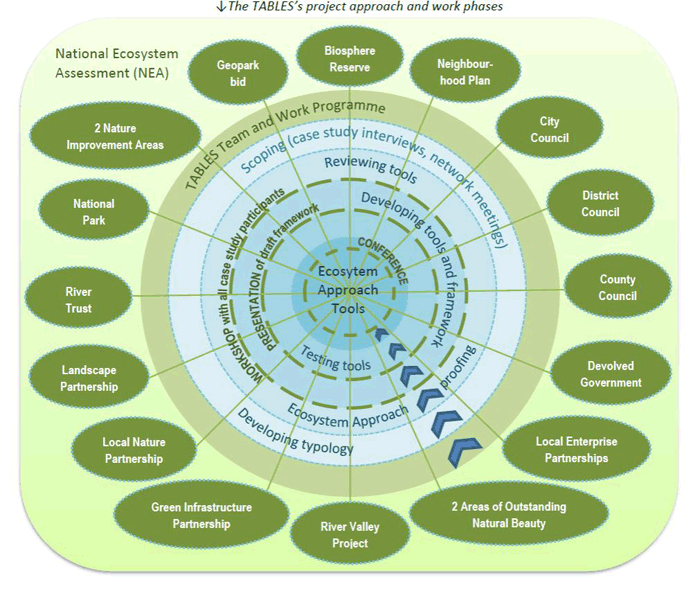University News Last updated 08 August 2012
Birmingham School of the Built Environment, part of Birmingham City University, has received £200,000 funding to look at ways of better improving environmental policy and decision making, as part of the UK National Ecosystem Assessment (UK NEA) follow-on phase.

First reported in June 2011, the UK NEA was the first comprehensive analysis of the UK’s natural environment with regards to the benefits it provides to society and continuing economic growth and prosperity. The UK NEA delivered information to the state on the possible future of terrestrial, freshwater and marine ecosystems across Britain and identified a number of uncertainties. A two-year long follow-on phase will help to further develop the UK NEA’s views, tackle practical challenges and ensure more informed decision making.
The UK NEA follow-on phase is funded by the Department for Environment, Food and Rural Affairs (Defra), the Welsh Government and Research Councils UK.
Birmingham School of the Built Environment (BSBE) is leading this new research under the direction of Alister Scott, Professor of Environmental and Spatial Planning at BSBE. He said: “At the heart of this work lies the idea that the environment is an asset that delivers many benefits to people and the economy and the way current policy and decision making processes are carried out may fail to take this fully into account.
“Our research actively works with over 20 case studies across England and Wales to collectively identify, review and assess the best existing tools that can embed the principles of the ecosystem approach in their operation. Of key interest to us is engaging the built environment professions, as that is where many of our future land use decisions are taken.”
The research is due to complete in September 2013 and involves some of the country’s leading environmental researchers.